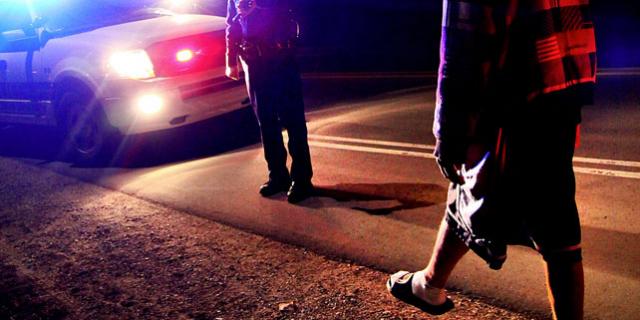Field sobriety tests are conducted under difficult and nerve racking conditions right after you have been pulled over for suspicion of drunk driving. Typically, the driver is asked to submit to physically demanding tests, including:
Walking in a straight line, heel to toe and toe to heel – frequently on gravelly, uneven pavement.
Stand on one leg for a period of time, balancing in the darkness of night or heat of day; ladies must do so in their high heels if they are wearing them. Professional athletes and gymnasts
Follow the beam of a flashlight that is pointed in your eyes at a close distance.
You cannot be required or forced by authorities to take field sobriety tests. The officer often uses these tests in an effort to gather damaging evidence against you. DUI attorneys vehemently advise against taking roadside sobriety tests.
What Happens if You Refuse to Take a Blood, Breath or Urine Test?
If you refuse to submit to a blood, breath or urine test your driver’s license will be suspended.
In California, as an example, the driver’s license suspension is one year.
The refusal to take the test is a violation of the implied consent law: every driver gives their consent when they receive their driver’s license.

